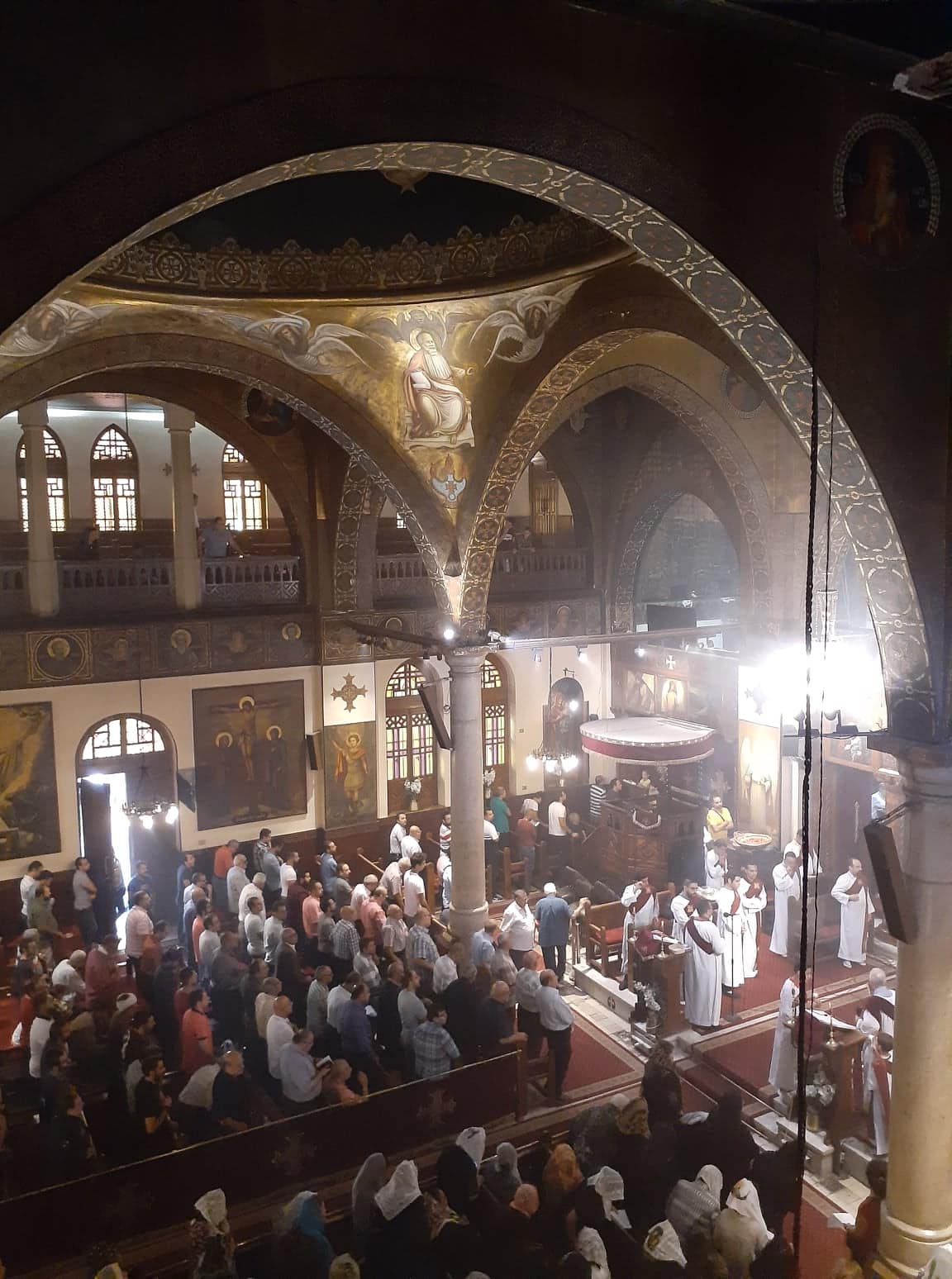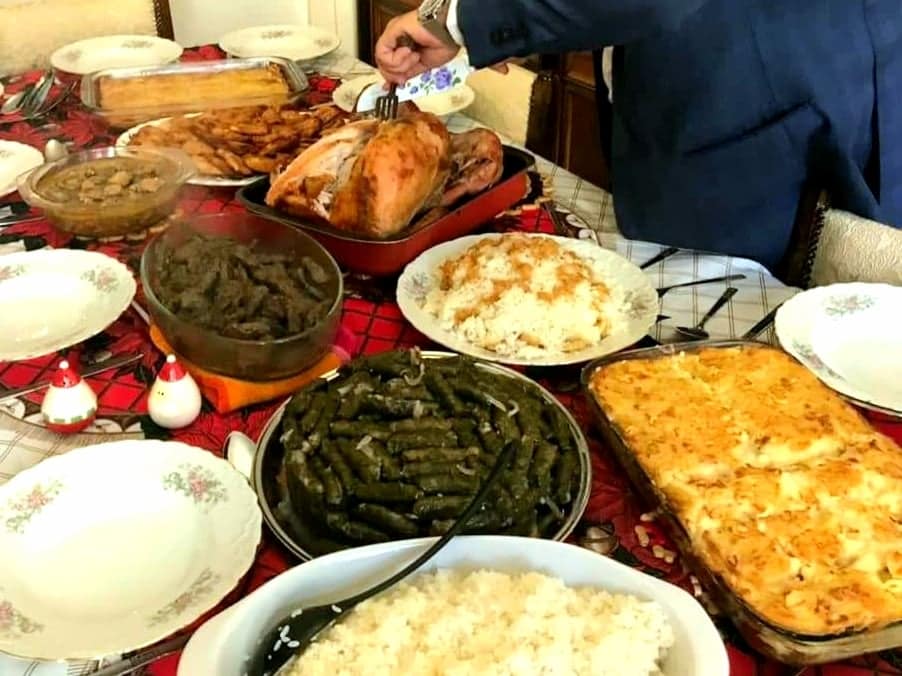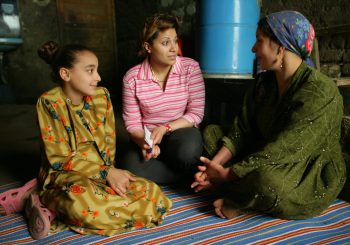The tree, the lights, the carols, the presents- Christmas is a beloved worldwide holiday that comes around every year on December 25th – and in Egypt, also on January 7th.
In some Christian denominations – namely Orthodox Christians – Christmas is celebrated on January 7th of every new year, rather than the more widely spread celebrations of December 25th. This is a mere result of translating calendars differently as Orthodox Christians refer to the Julian Calendar which labels Christmas on 25 December – a date that currently corresponds with 7 January on the more widely used Gregorian calendar.
Coptic Orthodox Christians, who make up the majority of the Christian population in Egypt, celebrate this religious holiday on its January 7th date – which is why the day is a national holiday in Egypt.
However, being that there are other Christian denominations in the country, as well as the fact that Western culture has associated us more with December 25th, Christmas in Egypt is usually celebrated on both of those dates. But what is the difference between these two Christmases?

Before going into what distinguishes one Christmas from the other, it is important to point out what both have in common, as they are – after all – the same holiday.
Christmas – whether it be on December 25th or January 7th – is a religious holiday in which Christians worldwide celebrate the birth of Jesus Christ. That being said, Christians traditionally go and attend mass at church on Christmas Eve which is usually followed by a family gathering that involves a large and delicious Christmas dinner (as well as loud overlapping conversations amongst family members).
Generally speaking, the essence and spirit of Christmas on both those dates is basically the same. The differences between how they are celebrated are minor, and mainly lie in cultural aspects. Egyptian culture is inevitably integrated in Coptic Christmas, causing it to feel slightly different than the typical brightly lit, present-giving, snowy Christmases that we see in Western movies.
One major difference between Coptic Christmas and Western Christmas is the fact that Coptic Christians fast for 43 days prior to Christmas Eve. This fasting entails not consuming anything derived from animals (basically vegan-ism), although it is permissible to eat fish. This over a month long period of fasting usually leads to an amazing Christmas dinner to break the fast – imagine the typical idea of a Christmas dinner you have in your head, and add to that some of your favorite traditional Egyptian dishes.
Another culturally different aspect to both Christmases is this idea of gift-giving.
Most people are familiar with the idea of buying each other Christmas presents and leaving them under the tree to open on Christmas Day. Although some people/families in Egypt do this, for Coptic Christians it is not necessarily a part of their Christmas traditions. Rather than gift-giving, Coptic families hand out money to the younger members of the family on Christmas Eve (these are called ‘e’deya’) and this is a widespread cultural tradition done in most Egyptian holidays.
And what is Christmas without a feast? Christmas dinner is one of the most anticipated parts of the holiday, and when family members usually bring out the big guns showcasing their best dishes. Whether you celebrate Christmas on December 25th or January 7th, the centerpiece of the dining table is of course the turkey. As the majestic Christmas turkey lies at the centre of the table, one will fin a variety of dishes surrounding it – all of different colors, smells, and tastes. Christmas dinner is a sensory overload-type experience as it’s as aesthetically pleasing to come across as it is to smell the various aromas waft through the air – not to mention the taste of every specially crafted dish!

For Coptic Christmas dinner, one will also find the traditional wara’ einab (vine leaves) and fattah (specially cooked rice on a bed of bread), among other such dishes.
Conclusively, Christmas is Christmas no matter where you are or what day you celebrate it on – any differences lie in the part of the world you were brought up celebrating it, but its spirit is essentially universal. It is a beloved holiday season that exudes warmth and brings people together.
*Featured Image courtesy of Pexels







Comments (3)
[…] the holiday season fast approaches, excitement builds for the Christmas decorations, the parties and gatherings, and the cozy winter nights. But while some enjoy the […]
[…] the holiday season fast approaches, excitement builds for the Christmas decorations, the parties and gatherings, and the cozy winter nights. But while some enjoy the […]